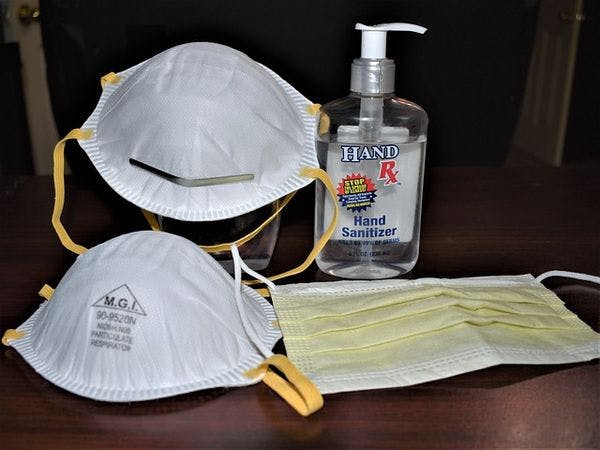Pixabay - Queven
COVID-19 : le WADPN apporte une réponse humanitaire d'urgence aux personnes qui consomment des drogues
Le WADPN a donné des informations crédibles aux personnes qui consomment des drogues, et leur a fourni des équipements de protection, de la nourriture et du matériel d'hygiène, tout en incitant les responsables du maintien de l'ordre à réduire les raids et les incarcérations. Pour en savoir plus, en anglais, veuillez lire les informations ci-dessous.
While West Africa has increasingly become an important hub for the global trade of illegal drugs, drug policy in the region has shown considerable weaknesses as West African states continue to treat persons who use drugs (PWUD) as criminals. During the COVID-19, the underlying vulnerable conditions of PWUD have been intensified by the virus and lock-down measures. In this context, the West Africa Drug Policy Network (WADPN) has implemented a COVID-19 Emergency Response Programme to mitigate the pandemic’s impact on PWUD which has been proved to be impactful.
Over the last decades, West Africa has increasingly become an important hub for the global trade of illegal drugs. According to WACSI’s report on drug trafficking, production and consumption in West Africa (2018), West African countries have not only emerged as sources for the export of drugs but also transit points for the transhipment of drugs such as cocaine and heroin, from South America and South-East Asia to Europe, North America and the Middle East. The African continent is now the second main market for cannabis in the world after the Americas whiles West Africa represents 78% of the total cocaine seizures on the continent. Drug trade is an essential issue for the region’s development and prosperity, as it poses significant threats to the democratisation process, economic growth, human rights, women empowerment and rule of law.
